Andrew Anglin
Daily Stormer
October 6, 2015

It is strange that it took this long, but heavy metal music is finally under attack by the SJW movement.
A new study, we are told, highlights both racism and sexism in what is one of the last bastions of Whiteness in popular culture (this is true whether you like the music or not – I have personally never really been into it, at least not since I was a teenager).
The study was conducted by someone named Karl Spracklen of Leeds Beckett University.
A new study from Leeds Beckett University has revealed how the metal music subgenre of folk metal is not only a fantasy space for young, white European men but also an important example of how heavy metal can be seen to normalise masculinity and ‘whiteness’ and perpetuate sexism and racism.
And seriously. It is one of the very last things that does that.
Along with UFC.
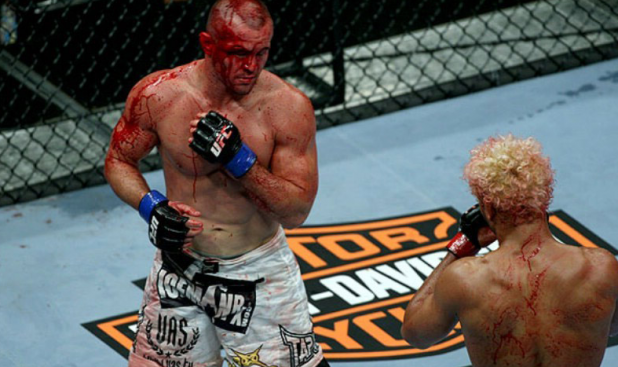
Spracklen is apparently a metal fan himself, though very concerned about what other metal fans may be getting from the music genre.
Though he is faggy-looking.

Just imagine him without that beard.
The study, published by Professor Karl Spracklen in a special issue of the journal Metal Music Studies on gender, race and class, edited by Rosemary Lucy Hill (University of Leeds), Caroline Lucas and Gabrielle Riches (Leeds Beckett, pictured) argues that folk metal, through its lyrics and stage clothes centred on myths of warriors, preserves an old-fashioned power structure where white, male Europeans are superior.
Again, very shocked it took them so long to notice this.
Just look at some of the more popular metal bands over the last decades.
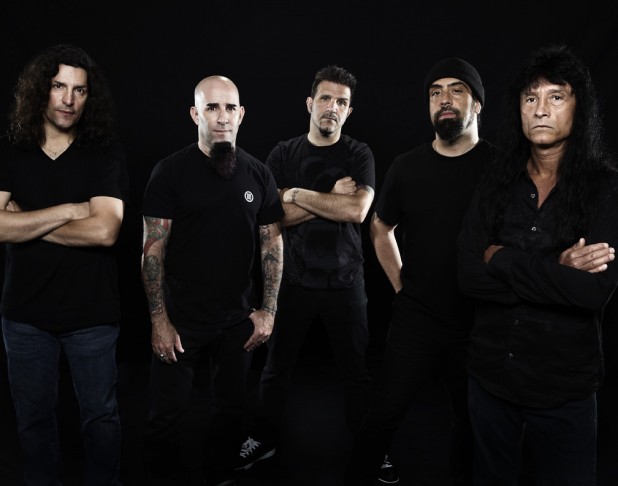
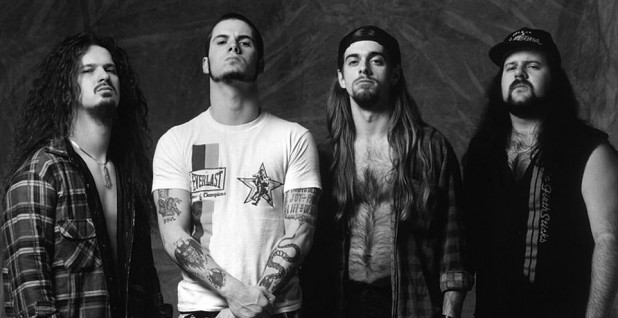
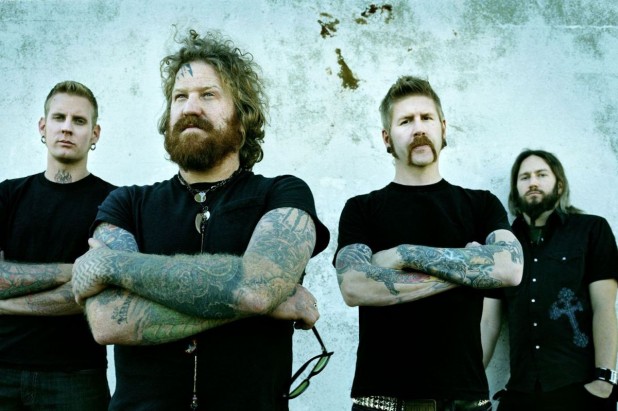
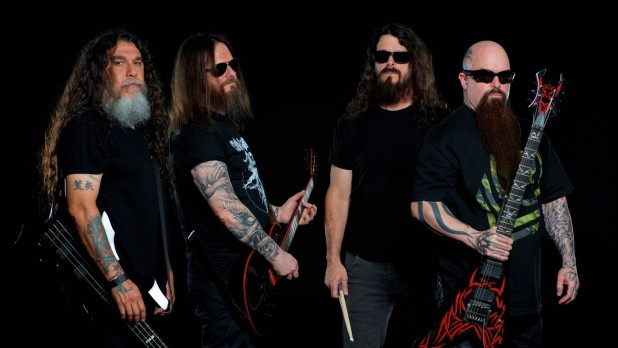
And this guy isn’t even talking about them, he’s talking about a hardcore subgenre pagan-folk-metal which is popular now which I’m sure a lot of our readers know a lot more about than I do.
Professor Spracklen explained: “The important point about folk metal is that there is a pretence that the bands are drawing on older folk music and pagan myths to make music that is authentically local and national. The myths are generally of masculine prowess and the warrior’s search for glory. However many fans see some of the bands as inauthentic and not real pagans, sometimes using historical inaccuracies and singing in English where this isn’t their nation’s first language.
“Through the study, I found that although women fans of heavy metal enjoy folk metal with the same kind of passion and intensity as male fans, and there is no doubt they find identity and belonging through the music, the heart of folk metal is predominantly masculine. The warrior myth that folk metal is focused on is normalising this masculine predominance in our modern day world- men still have enormous social, cultural and political power.
“Folk metal’s obsession with warriors and cultural purity, displayed through tales of Vikings and dressing up as Vikings on stage, reduces belonging and identity in a muti-cultural, cosmopolitan society to a few exclusive myths. It is showing white men how to be white men and showing women and ethnic minorities their place in European society.”
The very last thing society needs is something which shows White men how to be White men.
We need things that show them how to be no-identity faggots.
Dear White men, this is what we need from you:

It’ll get you laid.
We promise.
And here we learn a bit about the specific sub-genre viewed as so dangerous.
Folk metal is a fusion genre of heavy metal music and traditional folk music that developed in the 1990s in Europe. The first band of this genre was England group, Skyclad, who formed part of a wider pagan Celtic turn in alternative culture in England in the 80s.
Folk metal achieved some mainstream success in the 2000s which lead to it becoming less authentic and those that used to champion it began to react against it. It is still not mainstream according to music sales and numbers of fans on social media – for example, the mainstream, popular heavy metal band Guns n Roses had 31,016,896 likes on facebook in December 2014 whereas the most popular folk metal band was Eluveitie, with 748,507 likes at the same time.
Within Professor Spracklen’s study, he presents an analysis of five bands who are well-established in the industry and generally known to fans of heavy metal. The accounts include Turisas, a band who are best known for their 2007 concept album, The Varangian Way, which tells the story of Vikings who travelled to Byzantium to become mercenaries serving the Roman Emperor. Folk metal bands see Turisas as inauthentic and not genuine pagans, whilst Professor Spracklen points out the historical inaccuracies in their stories which also serve to remind fans that the Byzantines are white Europeans, with the suggestion that it is better to be a Christian than a Muslim.
Another band highlighted is Tyr, formed in Denmark but priding themselves on being authentic and traditional, as metal from the Faroe Islands where their original, but not current, band members are from. Dressing as Vikings on stage and with a pagan name, their fans see them as authentic despite having a conventional metal sound and singing mostly in English.
Professor Spracklen explained: “The bands in the research are all trying to identify with some reputed folk culture that existed before modern times – a culture of pure white people, mono-cultural and mono-racial. In some bands, there is an explicitly racist purpose for their adoption of Thor’s hammers, Viking imagery and heroic pagan myths. While I do not think that the folk metal bands focused on in this research are explicitly racist, they are certainly romantic, conservative nationalists who sell the idea and myth of racial purity. They reduce complex ideas of roots, identity and belonging to simple, imagined and imaginary communities defined by race and nation.”
…
Professor Spracklen added: “In my research I argue that folk metal serves as a comfortable leisure space for those that have lost power in recent decades: the white European, working class men who have faced challenges to their assumed privileges from women, globalisation, immigration and postmodernity. However, at the same time it should not be easily dismissed in this way, and I believe it remains central to the idea of heavy metal as a form of leisure that makes masculinity and whiteness the norm.”
Shut. It. Down.

 Daily Stormer The Most Censored Publication in History
Daily Stormer The Most Censored Publication in History



